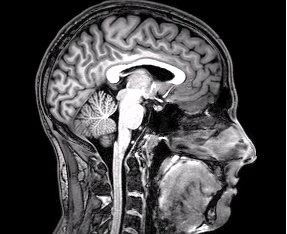
Researchers at the Mayo Clinic and the University of New Mexico have come up with a scoring system that may give physicians a way to determine which older people are at high risk for problems with memory and thinking, called mild cognitive impairment (MCI).
They studied 1,449 people selected at random in Olmsted County, MN. The people were between the ages of 70 and 89 and were not known to have problems with their memory or thinking processes when they entered the study. There were given tests of their memory and thinking ability when they enrolled in the study and again every 15 months for an average of about 5 years. During this time, 401 of these people developed MCI.
The researchers then took into account factors that appear to increase the risk of MCI. These include years of education, smoking, and a history of stroke or diabetes. They then assigned a score to these factors based on how much they contributed to the risk of developing problems with thinking and memory. For example, having 12 or fewer years of education increased a person's risk by 2 points, while have diabetes before age 75 increased their risk by 14 points.
The scores were then divided into four groups. For both women and men, the people who had scores in the highest quarter were seven times more likely to develop MCI than those in the lowest quarter.
The study found that heart health risks, age, depression and anxiety issues, and symptoms of cognitive problems in the first set of tests contributed the most to the risk scores. The researchers found that having a gene called APOE that has been linked to a higher risk of dementia in the past was only a moderate risk factor.
This screening system will need to be studied further in more diverse and larger groups before it can be put into general use, but the study noted that it would be an inexpensive and easy way to screen for people at greater risk for memory and cognitive issues.
The study was published in the journal Neurology.

